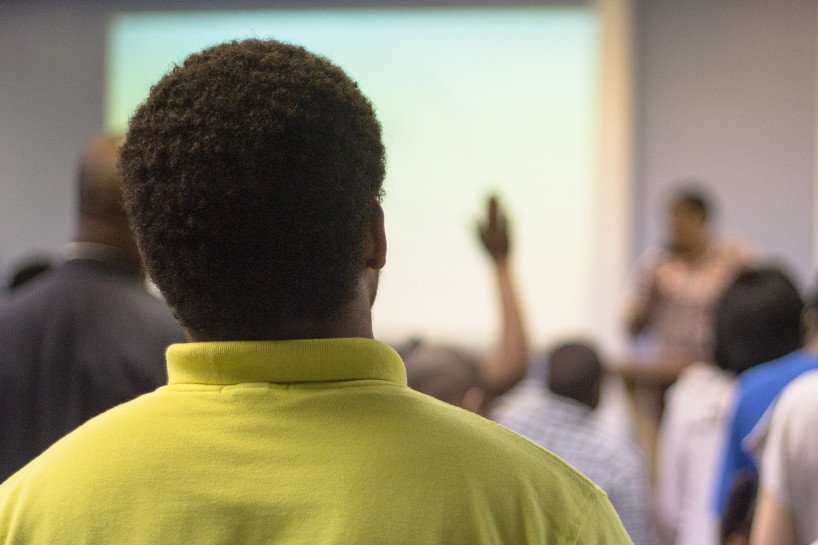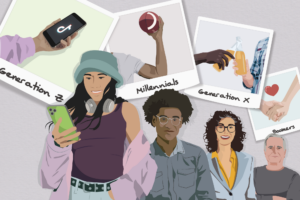Stop Blaming Young People for Leaving Religion
Much of the decline in current religious commitments can be traced back to the way young adults have been raised.
Daniel A. Cox April 10, 2022
National Review
Over the last decade, there has been a steady stream of news stories about how young people are abandoning their formative faith commitments. These articles frequently argue that despite their parents’ best efforts, young people are bent on forgoing any association with organized religion, along with all the benefits that come with it. This story is compelling, and for many concerning, but it’s not entirely right. Or rather, it’s only half the story.
Compared to young adults a generation ago, young people today are less religious by every conceivable metric we have for measuring religious commitment. They go to church less, say religion is less important, have more doubts about the existence of God, and increasingly identify with no religious tradition. But this trend isn’t exclusive to young people: The same pattern is evident among every single age cohort. Americans in their 30s, 40s, 50s, and 60s are less affiliated and less involved in formal and informal worship than people the same age were a few decades earlier.
Continue reading on National Review








